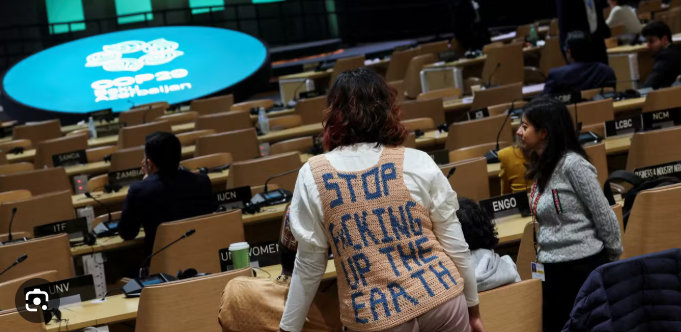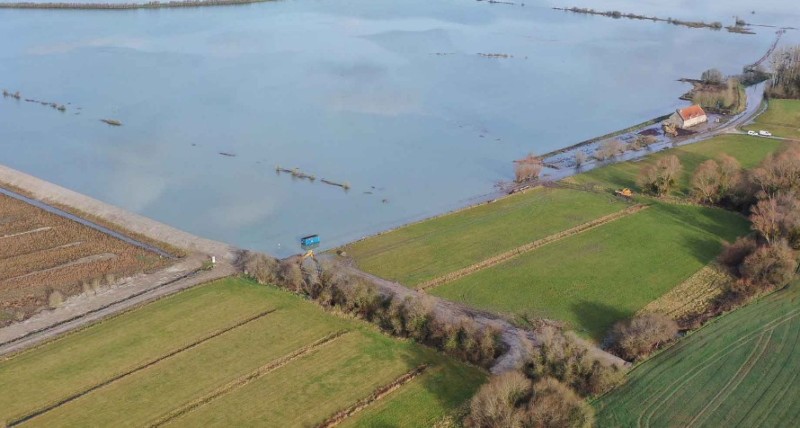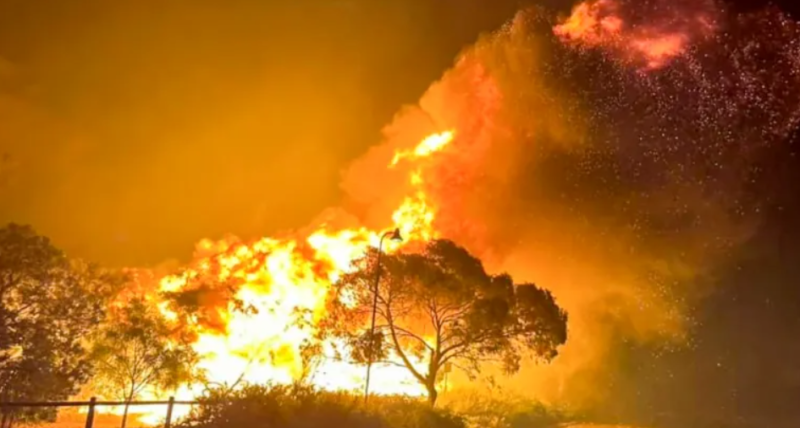The intense debates that took place during this annual conference highlighted a weakening of climate diplomacy. Developed countries countered the scale of the financial efforts requested by unfavorable economic and political conditions.
The conclusion of the 29th Conference of the Parties on Climate (COP29), held in Baku, Azerbaijan, on November 24, must be viewed for what it is: a warning signal. While the agreement, reached with great difficulty, may preserve appearances, developed countries emphasized the $300 billion (287 billion euros) in annual aid promised to the poorest countries by 2035, those most affected by the impacts of climate change. However, they also emphasized the tripling of their previous commitments, which still rely solely on voluntary contributions.
That said, the harsh debates at this annual conference mainly revealed a weakening of climate diplomacy, now undermined by the same corrosive forces that affect other multilateral tools. Donald Trump, whose shadow loomed over Baku and who will take office in the White House on January 20, 2025, personifies these forces: narrow nationalism, the primacy of unilateralism, and the denial of the very reality of climate change and its connection to human activity.
The North-South divide that materialized during this UN conference rests on an equation that has become increasingly difficult to solve. The longer efforts to transition the energy systems of developing countries and adapt to the consequences of climate change are delayed, the greater the needs will become. That is why these countries insisted on aid amounts far higher than the $300 billion that ultimately marked the end of the negotiations, which were sharply criticized in the moments following their conclusion.
Undermining Efforts
The small group of developed countries countered the scale of the requested effort, reflecting their historical responsibility in the climate debt the world faces, with the challenging economic and political context. The slowdown in growth, which is already leading to sharp cuts in their aid programs, is further compounded by a public backlash in some of their own countries against the legitimacy of such commitments.
This battle over aid was not the only source of disappointment. A year after the Dubai COP, the goal of an ecological transition away from fossil fuels remains nothing more than a slogan. The subversive efforts of Saudi Arabia and China prevented any concrete progress. The mistrust expressed in Baku even compels us to view one rare positive point with caution.
The rules governing carbon markets, that is, the trading of CO2 emissions between countries and companies, were finally adopted after nearly nine years of negotiations. However, their implementation lacks adequate control mechanisms and the necessary transparency.
Following the failure of the COP on biodiversity in Cali, Colombia, which had already stumbled over funding issues, the rather mixed results in Baku suggest that the next summit in 2025 in Belem, Brazil, could be a make-or-break moment for climate action.




